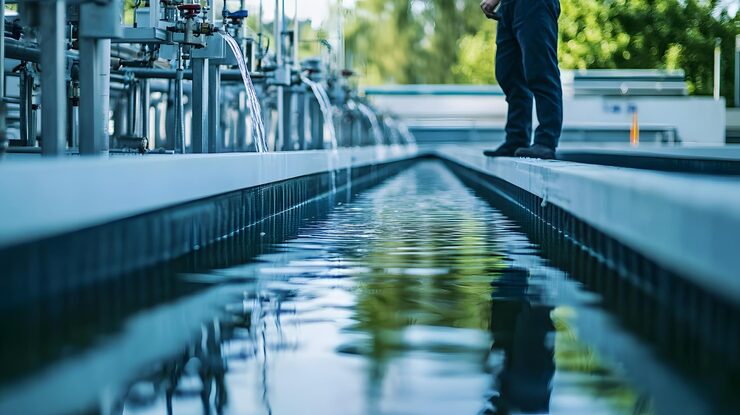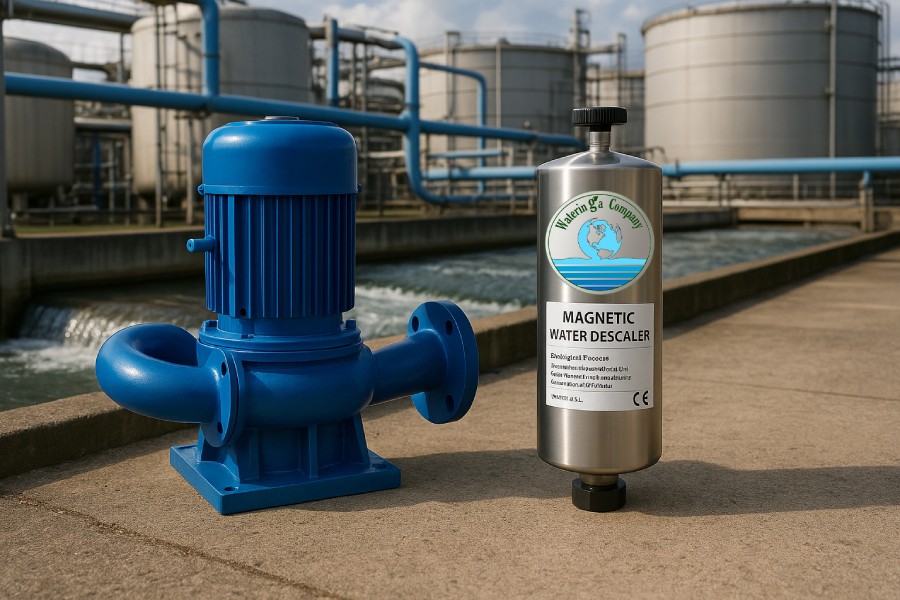Hard water, containing mineral salts and sediments, poses a significant and costly challenge across many sectors, from agriculture to industrial manufacturing. These mineral deposits, mainly calcium carbonate, cause scaling in pipes, irrigation systems, and machinery, leading to decreased efficiency, higher maintenance costs, and early equipment failure. Wateringa offers a dual-function solution to this problem. This two-fold solution that Wateringa provides. It eliminates deposits and, at the same time, produces electricity. It is an economical and sustainable technology compared to conventional methods.
The Science of Chemical-Free Water Descaling
In this section, we focus on the wateringa technology is the use of electromagnetic and mechanical energy. It offers a simple, chemical-free solution to a complicated problem. The mechanism of the device acts on a principle that changes the physical characteristics of water and the dissolved minerals in it directly.
The Core Descaling Mechanism
Wateringa is based on the concept of using the magnetic energy to prevent the creation of new scale. Through this process, soluble salts such as calcium and magnesium ions are converted into small crystals whose size cannot be linked by any cohesive agent. Suspended crystals are unable to adhere to the surfaces, effectively preventing the formation of new sediment within pipes and machinery.
The Technology’s Descaling Capability
A critical function of the Wateringa device is that it dissolves the mineral deposits that are already present. The process of water descaling is proactive. The device increases the solubility of the water, thereby attaching the old calcium carbonate deposits to dissolve and remain suspended in the form of crystals. This capability restores the efficiency of clogged pipes and machinery, extends the life of valuable equipment, and reduces the need for expensive and labor-intensive maintenance.
Ideal for Industrial Applications
Wateringa’s chemical-free descaling technology is particularly beneficial for industrial environments such as factories and petroleum operations. The reduction of scale in boilers, cooling towers, and heat exchangers is a better way of conserving energy and providing better uptime in the equipment, and making sure that no dangerous byproducts are allowed out into the water system.
Expertise from the Field
According to our technical team, this technology is a revolution in water treatment. It leaves reactive, chemically-driven treatment methods behind and goes on to a proactive, physical solution. The practice is in line with the increased demands of economic and sustainable industrial practices.
Real-World Applications and Economic Impact
The technical capabilities of Wateringa’s product translate into physical, economic, and operational benefits for businesses and investors. The device provides an affordable solution for a variety of sectors, from agriculture to households.
Water Conservation in Agriculture
Wateringa technology can be applied in agriculture to ensure that farmers use water in the most efficient way, which solves the problem of inactive seeds. The device alters the seeds to conserve germination in a faster and more effective manner. This saves on water, time, and energy used in cultivation. It offers a more efficient and sustainable method of agriculture and particularly in areas with limited water.
A Cost-Effective Solution
Wateringa’s product is an economical alternative to traditional water descaling systems. The device does not use electricity from the city grid and requires no chemicals. Once installed, it operates with no service or maintenance expenses, which provides a significant long-term saving for businesses. The reduction in maintenance, repair, and replacement of scaled equipment further adds to the financial benefits.
A Multifunctional Device
The item is a multipurpose one. It combines water descaling, electricity production, and the modification of seeds into a single machine. This minimizes the number of equipment required and offers a handy solution to most types of issues, including the accumulation of sediments or the lack of power in remote locations.
Case Study: Impact in a Canadian Manufacturing Plant
A Canadian production facility was reporting regular failure of its machinery as a result of severe scaling of minerals. The chemical treatments were being used in the plant, and they were expensive and led to delays during the operations. The Wateringa device was installed in the plant. In half a year, the plant recorded a considerable maintenance-cost cut. The efficiency of its machinery was restored, leading to a 15 % rise in the working uptime, a sure sign of enhanced industrial efficiency. The management of the plant reported that the device has paid back in under one year.
Closing Thoughts
The water descaling machine system supported by Wateringa is an agricultural and industrial revolution product. The technology it offers is innovative and offers a sustainable and economical solution to a widespread issue. It is not merely a tool, but also an essential step toward a more productive and profitable future in industrial operations.
Conclusion
Wateringa’s water descaling machine is a revolutionary product that fundamentally changes how industries manage water. It moves beyond the limitations of traditional, manual systems. The device provides a data-driven, predictive approach to water treatment. This is a new standard of industrial efficiency and environmental responsibility.




